Before we start working on a project, we make sure that we understand our clients' needs. What's the best way to achieve that goal? In our opinion, it's an engaging product discovery workshop. It provides us with an amazing opportunity to not only verify the expectations of key stakeholders, but also make important choices.
Wondering what product discovery workshops are? If so, we're here to help! In the following article, you will find a detailed description of what such a workshop looks like at Adchitects. We will go over a bunch of important things, from the importance of product discovery in the product development process to best practices for running a workshop.
What Is a Product Discovery Workshop?
A product discovery workshop is a meeting during which we discuss the goals and requirements of a given project with our client. It's an opportunity to talk about key product features and project objectives, as well as budgetary constraints, among other things. Of course, no two product discovery workshops are the same. The discovery workshop agenda will vary depending on a number of factors, from a given project team's approach and priorities to the complexity of the project at hand.
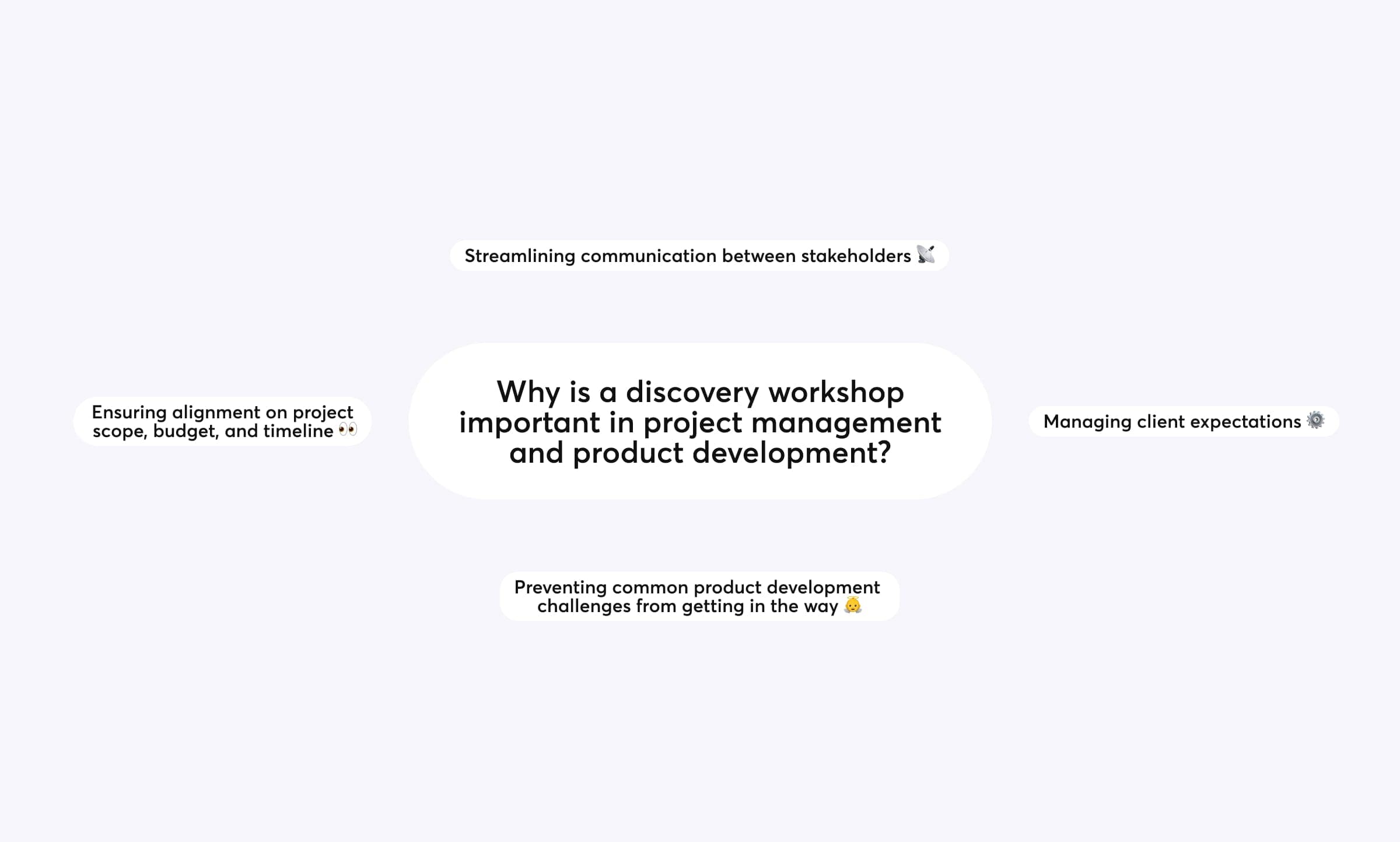
the Importance of Product Discovery in Product Development
The entire process of developing a product can be quite tricky, especially when it comes to complex projects. If the project team and the client aren't on the same page from the start, it's likely to cause serious problems later on. A discovery workshop is just what you need to prevent that from happening. First, it helps ensure that the product aligns with a company's business strategy and that it resonates with its target audience. Second, it aids the project team in verifying client expectations. More on that below!
It Helps Ensure That the Product Aligns With a Company’s Business Goals
No matter whether we're working on a website or a mobile application, it's supposed to help our client achieve a specific goal. For instance, it could be about speeding up an online store and increasing its conversion rate. A discovery workshop is where we pin such a goal down.
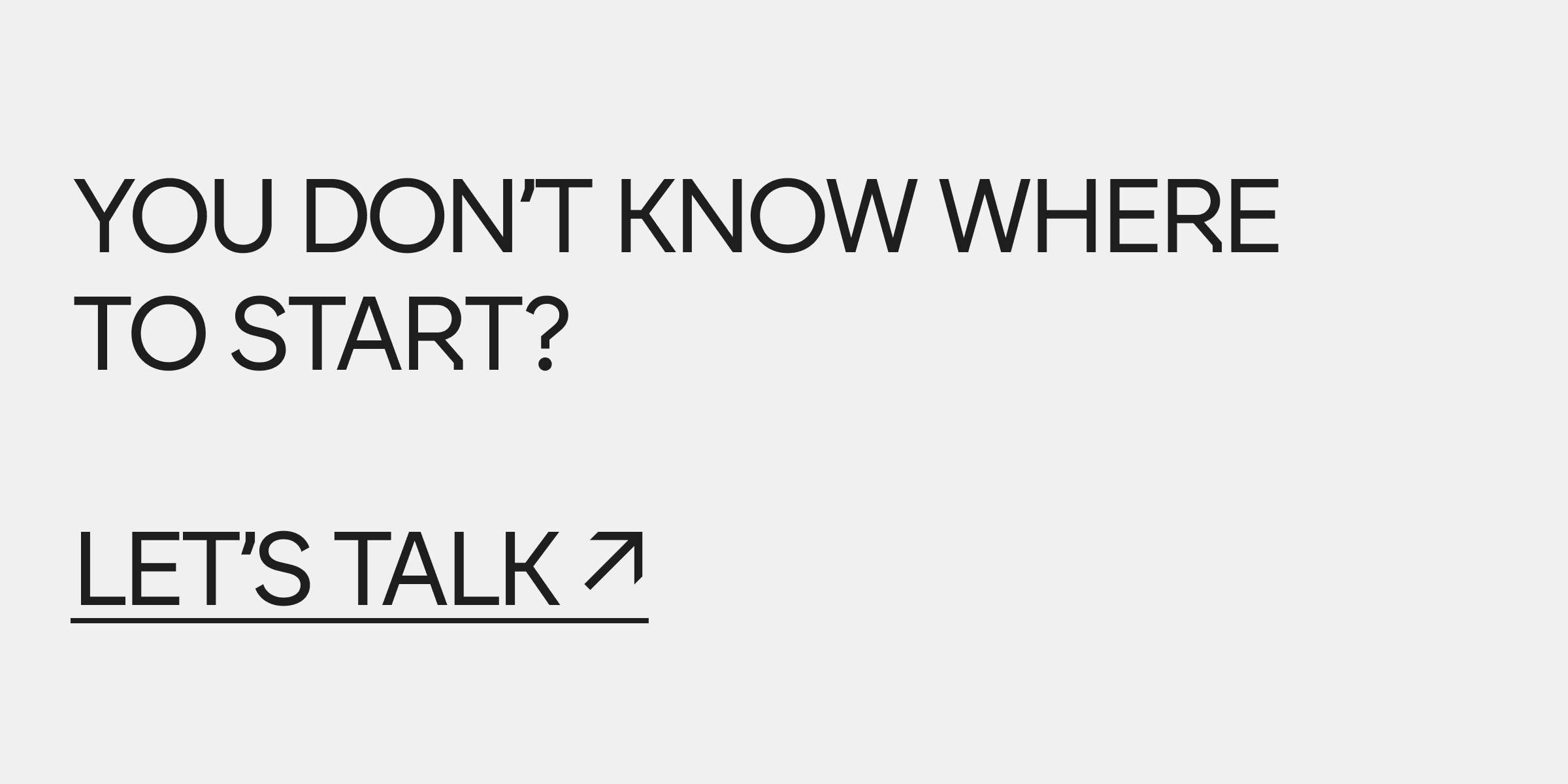
It Aids the Product Development Team in Verifying Client Expectations
Understanding the client’s vision and aligning it with the final product is crucial for the success of any project. During a product discovery workshop, our team has the chance to delve into the client's mind. It's a phase that's about asking the right questions, actively listening, and noting down the client's pain points, desires, and ultimate goals. It ensures that we can create a roadmap that meets client expectations while being technologically feasible and within the agreed-upon timelines and budget.
the Importance of a Discovery Workshop in Project Management
A discovery workshop serves as the crucial first step in aligning all parties towards a common goal. It acts as a catalyst for clarity and collaboration, transforming a cacophony of ideas and concerns into a harmonized vision for the project. Below, we delve into why such workshops are indispensable in the realm of project management.
Streamlining Communication Between Stakeholders
A product discovery workshop offers a structured way to facilitate open communication among all stakeholders involved in a project. It helps in building a common language and understanding among teams that may have different backgrounds and expertise.
If you would like to know more, check out our article about how clear communication can improve, products, partnerships, and processes.
Ensuring Alignment on Project Scope, Budget, and Timeline
One of the key outcomes of a discovery workshop is to have a defined project scope. In other words, the client and the development team agree on what will be delivered, how much it will cost, and when it will be ready.
Managing Client Expectations
Setting realistic expectations is fundamental. Discovery workshops help clarify what is achievable, which, in turn, helps in managing expectations throughout the project lifecycle.
Preventing Common Product Development Challenges From Getting in the Way
Finally, a product discovery workshop aims to anticipate potential issues. It's also an excellent opportunity to come up with feasible solutions to the said issues. Such a proactive approach saves time and resources.
Key Strategies and Tools Used During Product Discovery Workshops
Embarking on a product discovery workshop without the right set of tools and strategies is like navigating uncharted waters without a compass. To harness the collective intelligence and creativity of our team, it's essential to employ a suite of methodologies and digital instruments tailored to facilitate ideation, prioritization, and consensus-building. Below, we explore the key strategies and tools that are instrumental during discovery phase workshops at Adchitects, each selected to optimize the workshop's efficiency, engagement, and outcomes.
Miro
Miro serves as a digital whiteboard that provides a vast canvas for our team’s collaboration. It enables us to conduct seamless brainstorming sessions, allowing workshop participants to contribute in real time. By using Miro, we can create mind maps to explore ideas, affinity diagrams to organize thoughts, and flowcharts to outline processes. The immediate nature of sharing and iterating on ideas within Miro significantly enhances our ability to reach a well-rounded understanding of the product concept from various angles.
Figma
Figma shines as a versatile tool for both designers and non-designers alike. It allows us to rapidly translate ideas into tangible designs that can be tested on the fly. Such a level of dynamic interaction with design elements propels our discussions from abstract concepts to concrete visuals, making the evaluation of potential solutions more tangible and accessible to all stakeholders.
User Story Mapping
A user story map offers a structured approach to capturing and prioritizing user needs. By laying out user stories across a virtual board, we can visualize the journey of the user, identify gaps in the user experience, and highlight the features that will deliver the most value. It's a technique that ensures that our project development process is anchored in real user requirements, thus maximizing the relevance and user-friendliness of the final product.
Persona Creation
Developing user personas is a key strategy in understanding our target audience. A persona is a semi-fictional character who represents our user base and is crafted based on user research and real data. Personas help us empathize with users and make informed decisions about a product's value proposition, design, and messaging. The rich, narrative detail of personas turns abstract data into relatable stories, driving home the human element of product design.
SWOT Analysis
A SWOT analysis is a time-tested strategic planning tool that helps us assess the strengths, weaknesses, opportunities, and threats related to the product. It provides a 360-degree view of the internal and external factors that could impact the product's success. As a result, conducting such an analysis during the discovery phase ensures that we are not only dreaming big, but also planning realistically.
Different Discovery Workshop Roles and Their Responsibilities
A workshop requires a clear distribution of roles to ensure that each stage of the process unfolds seamlessly. At Adchitects, we recognize that the success of our workshops is largely dependent on the clarity and execution of these roles. In this section, we will delineate the various roles that are pivotal during the product discovery process, outlining the specific responsibilities that come with each.
Product Design and Development Team
The backbone of any product discovery workshop is the product design and development team, a group of individuals with a shared goal of transforming a product vision into a viable product. They are the driving force behind the ideation, conceptualization, and initial frameworks that form the foundation of the product's journey.
Project Managers
Project managers are the linchpins that keep the product discovery workshop on track. They are responsible for ensuring that both timelines and objectives are meticulously adhered to. By maintaining a high-level view of the workshop's progress and objectives, project managers can effectively steer the workshop, ensuring that each activity aligns with the overarching product discovery workshop agenda.
UX/UI Designers
UX/UI designers bring to the table a deep understanding of user-centric design principles. Their role in the workshop is to champion the end-user experience, ensuring that every aspect of the product is designed with the user's needs and preferences in mind. They are essential for translating insights related to a client's most valuable customers into intuitive and aesthetically pleasing designs. The fusion of their expertise ensures that each stage of product development is approached with a holistic perspective, balancing stakeholder expectations with feasibility, and user experience with business objectives.
Developers
Developers play a critical role in the workshop by discussing the feasibility and technical requirements of the proposed solutions. Their technical expertise is invaluable, as they can provide insights into what is possible within the given constraints. It helps in shaping a product that is not only desirable, but also viable from a technical standpoint.
Client
Decision-makers and advisors from the client's side play pivotal roles. Their inputs and insights ensure that the product adheres to the business goals and market realities that the client brings to the table. Through active engagement and strategic discussions, these key stakeholders help to steer the product development process toward a solution that is both market-ready and capable of fulfilling users' demands.
Decision-Makers
Decision-makers, such as key members of the board or their representatives, are vital participants in the workshops. Their presence is crucial as they have the authority to approve or reject proposals, making their early buy-in and feedback fundamental to the workshop's outcome and the project's subsequent direction.
Advisors
Advisors, while they may not have the power to make final decisions, possess specialized knowledge or experience that can influence decision-making processes. They are the sounding board for ideas, providing valuable insights that can help shape the strategic direction of the product. Their contribution can help in identifying potential risks, opportunities, and innovative solutions that might not be immediately apparent to others in the workshop.
Planning the Discovery Workshop
When embarking on a discovery workshop, meticulous planning is pivotal to its success. In case you need help, the list below is for you! It could serve as a product discovery workshop template. It outlines each and every step that you will need to take to plan an effective workshop.
Define Project Goals
Begin by setting clear, achievable objectives. It ensures that everyone is aligned and understands what success looks like. For instance, you could focus on understanding the client’s product vision, defining the scope of a minimum viable product, or pinpointing the product’s unique value proposition.
In case you would like to learn more, check out our article about minimum viable products.
Build a Project Team
Building a comprehensive project team is a crucial step in the planning phase of the discovery workshop. Each member brings a unique perspective and set of skills to the table, which ensures a well-rounded approach to problem-solving.
In addition, it’s essential to include decision-makers who can provide immediate feedback and direction. Doing so can help streamline the approval process. It also gives you an excellent opportunity to integrate strategic business perspectives into the product you're working on right from the onset.
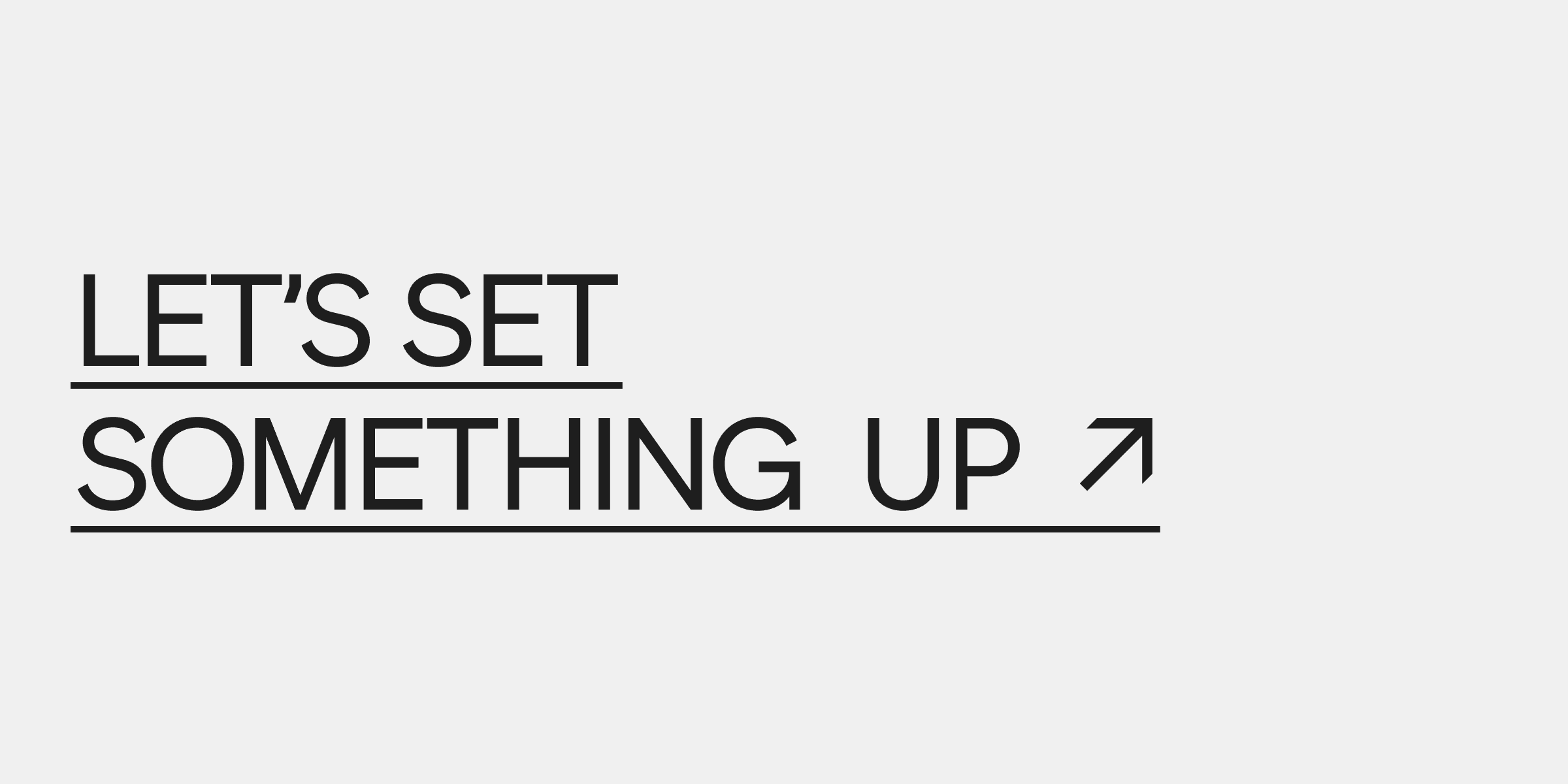
Come Up With a Flexible Plan
Draft a plan that outlines the structure of the workshop, including sessions on brainstorming, analysis, and collaborative exercises. However, keep in mind that flexibility is key. Be prepared to pivot as new insights emerge. The plan should serve as a guideline rather than a script, allowing for the natural flow of ideas and discussions while still covering all necessary ground.
Schedule a Meeting
Decide on a time and date that works for decision-makers and advisors from the client's side. Then, send out a meeting invite well in advance. Ensure that the chosen time allows for undisturbed focus, without the need to rush through any part of the workshop. For global teams, doing so might mean finding a compromise that respects several different time zones. It might be problematic, but it's necessary if you want to keep the workshop participants engaged.
Prepare for the Meeting
Last but not least, take care of the final preparations. Share the agenda, objectives, and any pre-read materials with the participants beforehand. Make sure that necessary technological tools, such as Miro or Figma, are set up and ready for use. Aside from that, encourage participants to come with ideas, questions, and an open mind. The goal here is to create an environment that's conducive to open communication, creativity, and collaboration.
Best Practices for Remote Workshops
Remote workshops have become a mainstay in the collaborative efforts of dispersed teams. To ensure these sessions are just as effective as their in-person counterparts, certain best practices must be adhered to.
Embrace Technology
Utilize reliable virtual collaboration tools that cater to various aspects of a workshop, like video conferencing for face-to-face interaction, digital whiteboards for brainstorming, and shared documents for real-time collaboration. Ensure everyone is familiar with these tools before the workshop begins to avoid technical hiccups.
Establish Ground Rules
Set clear expectations for participation, such as muting when not speaking, using video to maintain engagement, and how to signal when someone wishes to contribute. It helps in minimizing distractions and ensures everyone has a chance to be heard.
Facilitate Active Engagement
Keep the team engaged through interactive activities, polls, and breakout sessions. Assign roles like timekeeper or note-taker to involve participants actively. Use screen sharing sparingly to keep the focus on the discussion rather than on passive viewing.
Plan for Breaks
In a remote setting, it's easy for participants to become fatigued. Schedule short breaks to allow attendees to stretch, rest their eyes, and recharge. It can aid you in maintaining high energy levels and focus throughout the product discovery workshop.
Follow Up
After the workshop, provide a summary of what was discussed, decisions made, and the next steps. Share recordings or notes with all participants to ensure that no detail is lost and that everyone is on the same page moving forward.
Best Practices for In-Person Workshops
In-person workshops offer a unique opportunity for rich, dynamic interaction. To capitalize on this environment, it's crucial to follow best practices that foster an effective and engaging experience.
Prepare The Venue
Select a comfortable, well-lit space conducive to collaboration. Arrange seating to facilitate open discussion, ensuring that all participants can see and hear each other. Provide necessary materials like whiteboards, markers, and post-it notes for brainstorming and visualization exercises.
Set an Agenda
Provide a clear and detailed agenda ahead of time. It should outline the topics of discussion, allocated time for each session, and any breaks. A structured agenda helps manage time effectively and keeps the workshop on track.
Facilitate Open Communication
Encourage open dialogue and ensure that all voices are heard. Set a tone of mutual respect where ideas can be shared freely without judgment. Employ facilitation techniques like round-robin or brainstorming sessions to engage quieter participants.
Use Engaging Materials
Incorporate physical materials and activities to keep energy high. It could include handouts, prototypes, or interactive exercises. Tangible materials can make abstract concepts more concrete and memorable.
Capture Key Points
Designate someone to document the proceedings, capturing decisions, action items, and creative ideas as they emerge. Visible note-taking, such as on a flip chart, can help participants feel their contributions are valued and reinforce key points.
Provide Food and Beverages
Offering refreshments can keep energy levels up and create a more relaxed, hospitable atmosphere. Plan for dietary restrictions and preferences to ensure all participants feel accommodated.
Follow Up Promptly
After the workshop, promptly send out a summary, including the main takeaways, action items, and any agreed-upon deadlines. It reinforces the progress made during the workshop and keeps momentum going.
What Should Be the Result of a Discovery Workshop?
The result of a discovery workshop should be a set of tangible deliverables that provide a clear path forward for the project team and stakeholders. Here's what these deliverables typically include!
a Report Summarizing Findings and Decisions
It's a document that serves as the official record of the workshop. It should encapsulate the insights gained from the discussions, and any decisions that were made. For example, it could include functional specifications of the product you're about to start working on. The report should be comprehensive yet concise, making it easy for anyone not present at the workshop to understand the outcomes. It often includes action items and assignments, noting who is responsible for what following the workshop.
Detailed Project Roadmap With Timelines
A project roadmap is a strategic outline of the steps needed to take the project from an idea to a finished product. Such a visual document or chart should detail the major milestones and deliverables expected at each phase of the project. In addition, it should include a project timeline that covers every stage of development, including start and end dates.
Prototypes or Mock-Ups of Proposed Solutions
Depending on the nature of the project and the stage of the workshop, initial prototypes or mock-ups may be created to visualize the solution. Such things can help workshop participants identify any potential issues in the product's design or the user experience it provides early on.
Benefits of Conducting Product Discovery Workshops
Conducting a product discovery workshop offers a multitude of benefits that can significantly impact the trajectory and outcome of a project. More on that below!
Enhanced Collaboration
Product discovery workshops act as a melting pot for ideas, bringing together diverse team members and stakeholders. In this collaborative space, everyone has a chance to contribute their expertise and insights, which fosters a culture of teamwork and shared ownership over the project.
Better Understanding of Project Scope
A well-executed discovery workshop provides clarity on what needs to be achieved and helps define the boundaries of the project. It enables the team to identify functional specifications, user needs, and business goals, which contribute to a common understanding of what the project entails.
Streamlined Development Process
With a clear project scope and a collaborative team, the development process can proceed more smoothly. Potential obstacles and misunderstandings are addressed early on, reducing the likelihood of costly mid-course corrections. A streamlined process saves time and resources. It also allows for a quicker turnaround from concept to market.
Higher Chances of Project Success
When a product is built on a foundation of thorough research and collaborative planning, it has a higher likelihood of success in the marketplace. Additionally, because risks and assumptions are identified early, the team can devise strategies to mitigate them. It further increases the project’s chances for success.
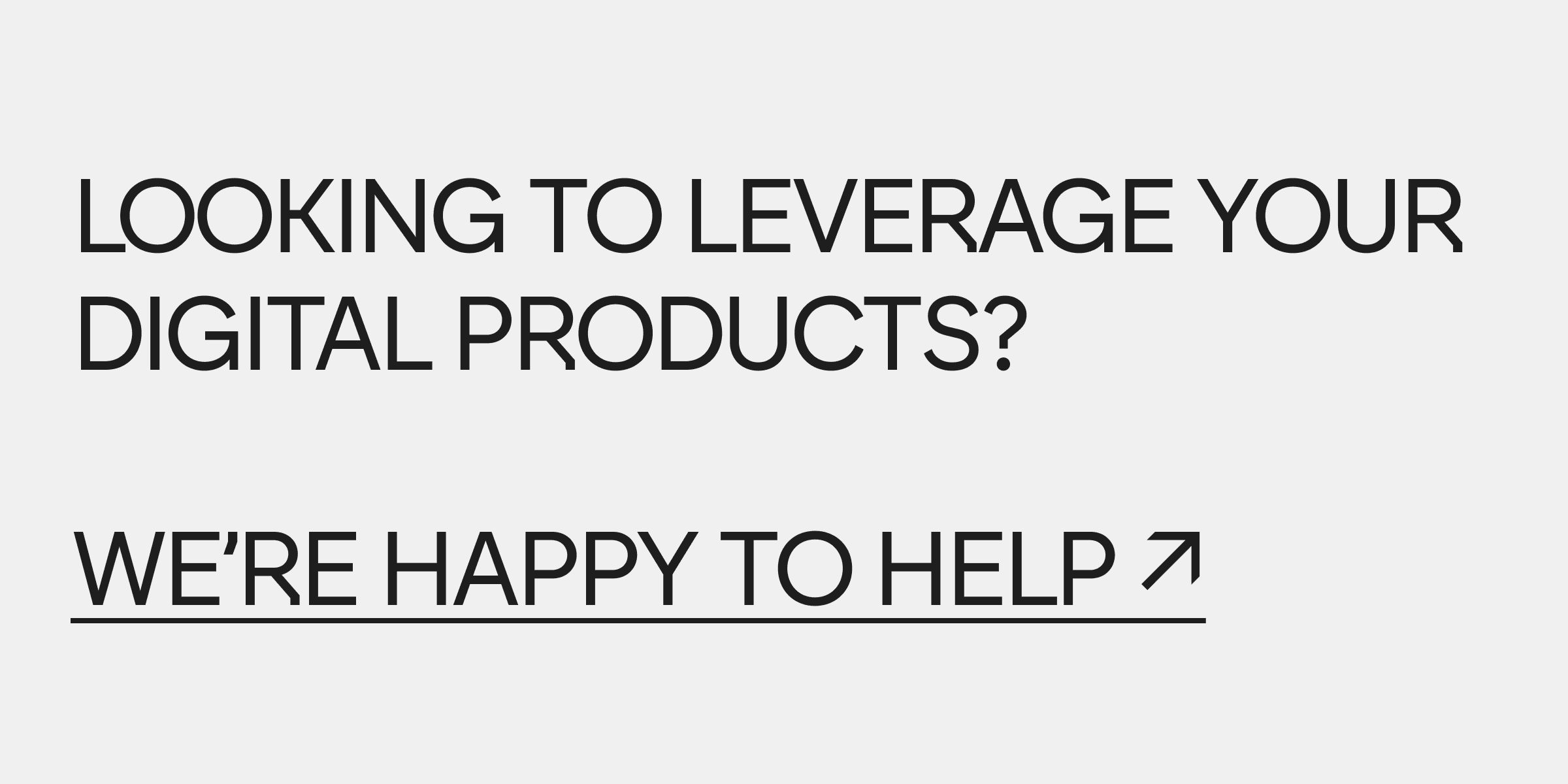
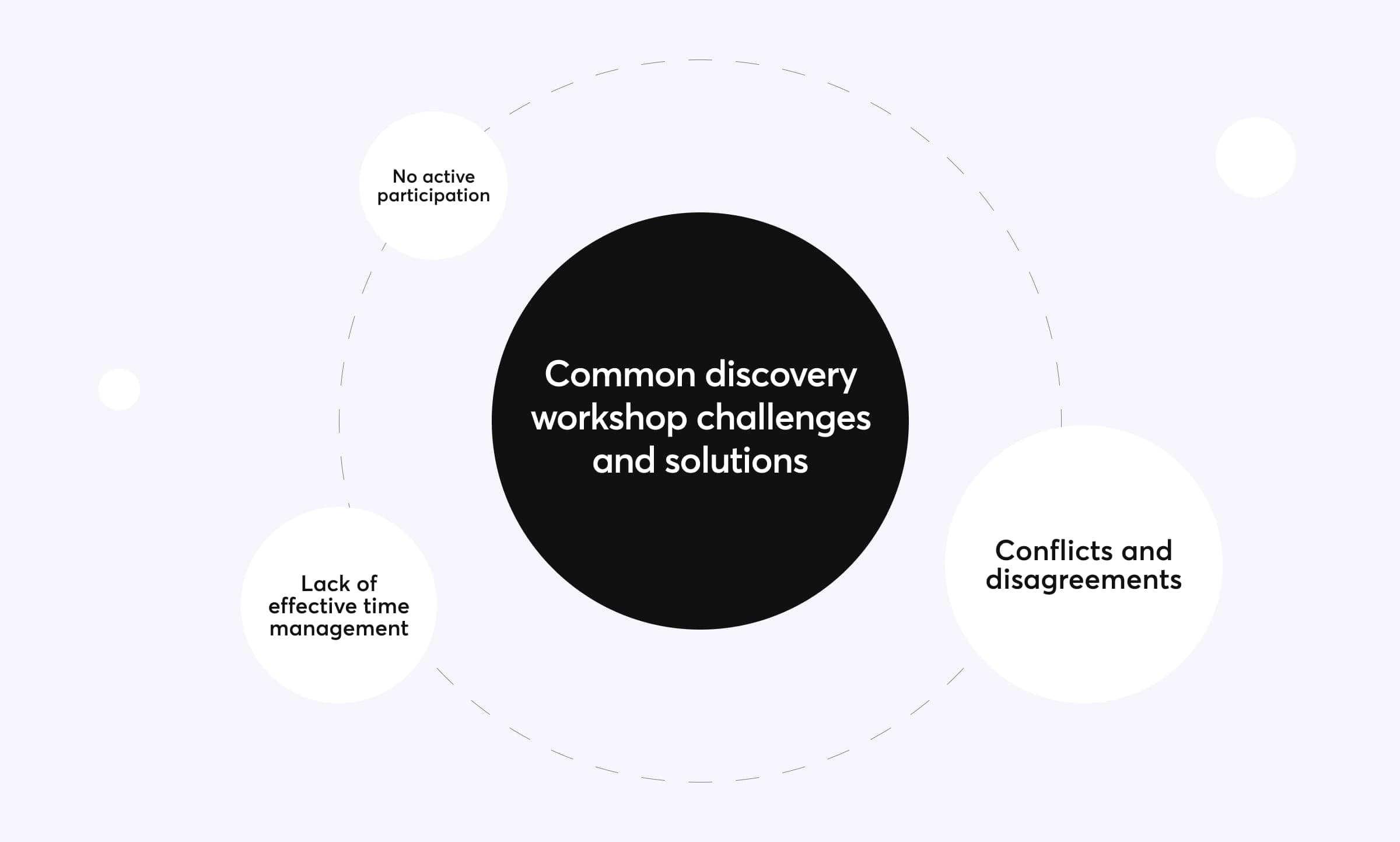
Common Discovery Workshop Challenges and Solutions
A product discovery workshop can encounter a wide range of challenges that may impede its effectiveness. Here are some common issues that you might run into, as well as strategies that you can use to get a product discovery workshop back on track.
Conflicts and Disagreements
CHALLENGE - Different stakeholders often have varying priorities and perspectives, which can lead to conflicts and disagreements during the workshop.
SOLUTION - Establish clear workshop rules that promote respectful dialogue and encourage participants to view conflicts as opportunities for finding creative solutions. Having a neutral facilitator can help mediate discussions and keep the focus on achieving the workshop objectives. Additionally, ensure that all voices are heard and consider employing structured decision-making processes, such as voting or ranking exercises, to reach a consensus.
Lack of Effective Time Management
CHALLENGE - With so much to cover, workshops can easily go off track, with certain discussions taking up more time than allocated, potentially leading to incomplete agendas.
SOLUTION - A strict adherence to the agenda with designated timekeepers can ensure that the workshop maintains its pace. Break the agenda into clearly defined segments with specific time limits and include buffer times to accommodate unexpected overflows. Use timers for individual activities, and be prepared to table unresolved issues for follow-up discussions outside of the workshop.
No Active Participation
CHALLENGE - Sometimes, participants may hold back from contributing, either due to reluctance to speak up or because more dominant personalities overshadow the quieter ones.
SOLUTIONS - Facilitators should actively seek input from those who are less vocal by asking open-ended questions. Pre-workshop surveys or questionnaires can also help draw out insights from all participants ahead of time, ensuring everyone’s perspective is considered.
a Product Discovery Workshop Is Key to Ensuring Fruitful Collaboration!
Product discovery workshops are the cornerstone of successful project development, offering a platform for fruitful collaboration and strategic alignment. At Adchitects, we pride ourselves on conducting world-class workshops. With us, you can expect a clear project scope, a well-defined roadmap, and a participatory environment that turns challenges into innovative solutions.
If that sounds like something you might be interested in, get in touch with us today! We would be more than happy to help you transform unique ideas into world-class digital products.








